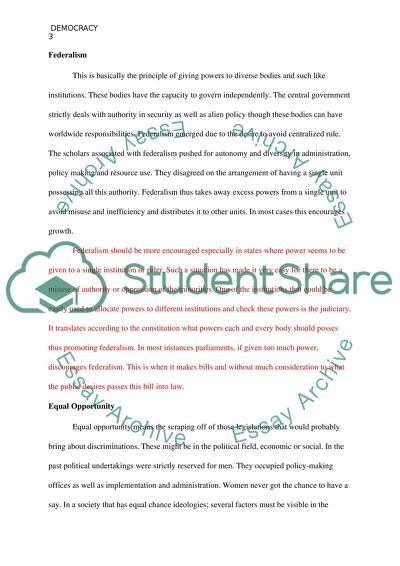Cite this document
(“Democracy Essay Example | Topics and Well Written Essays - 1500 words”, n.d.)
Democracy Essay Example | Topics and Well Written Essays - 1500 words. Retrieved from https://studentshare.org/law/1454978-democracy
Democracy Essay Example | Topics and Well Written Essays - 1500 words. Retrieved from https://studentshare.org/law/1454978-democracy
(Democracy Essay Example | Topics and Well Written Essays - 1500 Words)
Democracy Essay Example | Topics and Well Written Essays - 1500 Words. https://studentshare.org/law/1454978-democracy.
Democracy Essay Example | Topics and Well Written Essays - 1500 Words. https://studentshare.org/law/1454978-democracy.
“Democracy Essay Example | Topics and Well Written Essays - 1500 Words”, n.d. https://studentshare.org/law/1454978-democracy.


